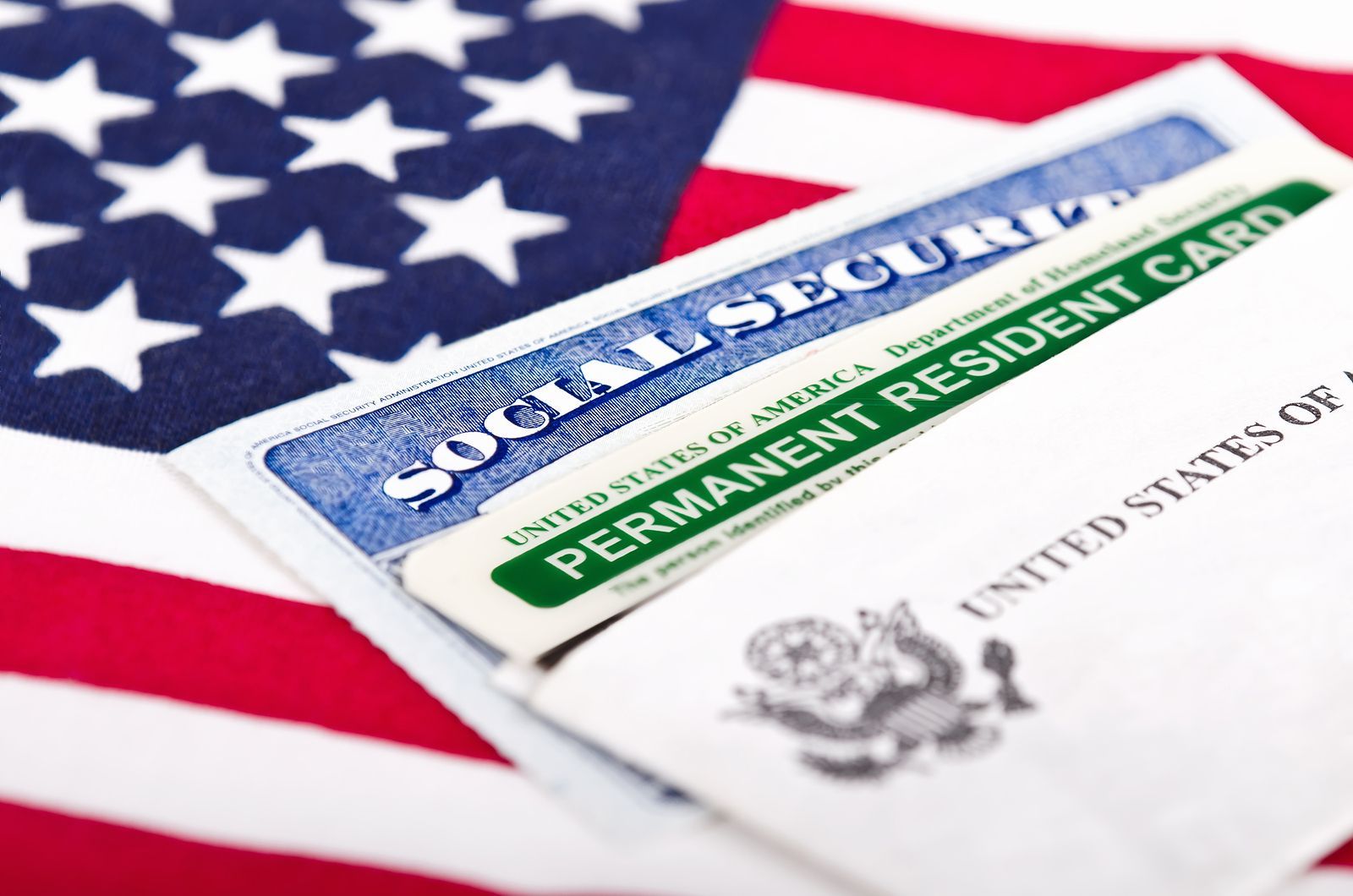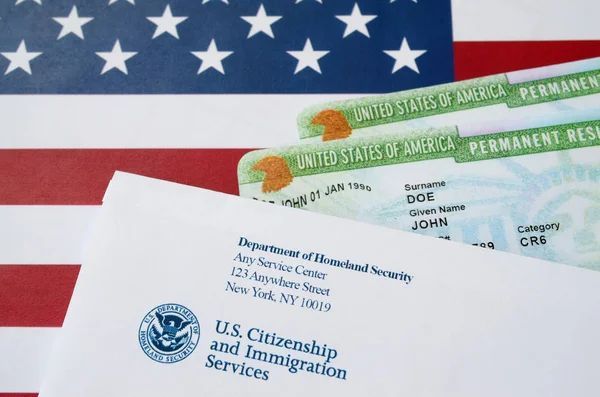🗣️ Fluent in English, Spanish & Portuguese 🌍
Meet Thomas Homan: What This Means for You
Impact of Trump's New Border Czar, Thomas Homan, on Immigrants
Introduction
With the announcement of Thomas Homan as the new "border czar" in President-elect Trump's administration, significant changes are anticipated in U.S. immigration policy. Homan's extensive background in law enforcement and his previous role as acting head of ICE suggest a return to stringent immigration enforcement, which could have profound implications for immigrants in the country. The implications of his appointment extend beyond mere policy changes; they touch on the lives of millions of individuals and families who are navigating the complexities of immigration in the United States. As the nation braces for these changes, it is essential to understand the potential consequences and the broader context in which they are occurring.Who is Thomas Homan?
Thomas Homan has a long history in immigration enforcement, having served under six presidents. His tenure as acting director of ICE from January 2017 to June 2018 was marked by a record number of deportations and the controversial family separation policy. Homan's appointment signals a shift back to aggressive immigration tactics, which could lead to:- Increased deportations of undocumented immigrants, potentially affecting families and communities across the nation.
- Stricter enforcement of immigration laws at workplaces, which may result in heightened scrutiny of employers and employees alike.
- Potential family separations as part of deportation operations, raising ethical concerns and emotional distress for those involved.
Homan's Vision for Immigration Enforcement
Homan has made it clear that his approach will focus on "public safety threats and national security threats." This could mean prioritizing deportations based on criminal records, but it also raises concerns about:- Targeting vulnerable populations, including families with children, who may not pose any real threat to public safety.
- Increased fear and anxiety within immigrant communities, leading to a reluctance to engage with law enforcement or access essential services.
- Potential violations of due process rights for those facing deportation, as expedited processes may overlook individual circumstances and rights.
Reactions from Immigrant Rights Groups
In response to Homan's appointment and Trump's immigration plans, immigrant rights organizations are gearing up for a fight. They are prepared to challenge these policies through:- Protests and public demonstrations aimed at raising awareness and mobilizing community support against aggressive immigration enforcement.
- Local legislation aimed at protecting immigrants, which may include sanctuary policies and measures to limit cooperation with federal immigration authorities.
- Lawsuits to contest unlawful deportations and enforcement actions, seeking to uphold the rights of individuals and families affected by these policies.
Economic Implications
Analysts warn that aggressive deportation policies could have negative repercussions for the U.S. economy. Lower net migration may lead to:- Labor shortages in key industries, particularly those that rely heavily on immigrant labor, such as agriculture, construction, and hospitality.
- Reduced consumer spending, as families facing uncertainty may cut back on expenditures, impacting local businesses and economies.
- Potential declines in economic growth, as the contributions of immigrants to innovation and entrepreneurship are stifled by fear and uncertainty.
Conclusion
As Thomas Homan steps into his role as border czar, the implications for immigrants in the U.S. are significant. With a focus on strict enforcement and deportation, immigrant communities may face increased scrutiny and fear. The response from advocacy groups and the potential economic fallout will shape the landscape of immigration in the coming years. The stakes are high, not just for those directly affected by these policies, but for the fabric of American society as a whole. For those affected by these changes, it is crucial to stay informed and seek legal advice. If you need assistance navigating these complex issues, reach out to schedule a consultation with Quattrochi, Torres and Taormina. Staying informed and proactive can make a significant difference in how individuals and families respond to the evolving immigration landscape.
By Juan Torrico
•
January 16, 2025
Discover the latest updates on Temporary Protected Status (TPS) as new countries are added to the list, providing crucial support for individuals facing crises. Learn about eligibility, application processes, and the benefits of TPS to secure your future in the U.S.
CONTACT US
950 S. Winter Park Dr., Suite 207
Casselberry, FL 32707
PRACTICE AREAS










